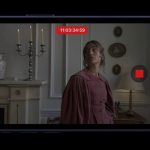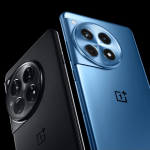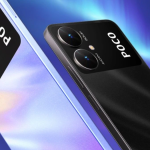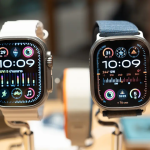A newly revealed letter from the U.S. Justice Department has shed light on how Apple and Google were able to legally reinstate TikTok on their app stores, despite the ongoing ban and political uncertainty surrounding the popular social media platform. This behind-the-scenes legal maneuvering, which granted both tech giants immunity from prosecution, comes as former President Trump extends TikTok’s ban reprieve for the third time, leaving the app’s long-term future in the U.S. in limbo.
The TikTok Ban: A Brief Recap
Earlier this year, TikTok was facing a nationwide ban in the United States, a move driven by concerns over national security and data privacy due to its Chinese ownership. When Donald Trump began his second term as President, he initially granted TikTok a temporary reprieve, postponing the ban and giving the U.S. government more time to negotiate a possible acquisition of TikTok by an American company.
However, the situation remained tense. Despite the reprieve, Apple and Google were hesitant to allow TikTok back on the App Store and Play Store, fearing they could be in violation of the Protecting Americans from Foreign Adversary Controlled Applications Act—a law designed to restrict apps controlled by foreign adversaries.
The Justice Department’s Secret Assurance
The turning point came with a 42-page letter from Attorney General Pam Bondi, which was recently made public through a Freedom of Information Act request by Tony Tan, a Google shareholder and software engineer who is currently suing Google for not fully complying with the TikTok ban.
The letter, co-signed by Bondi and her predecessor, Acting Attorney General James McHenry III, explicitly promised that both Apple and Google would be released from any legal responsibility under the aforementioned Act if they reinstated TikTok. Moreover, the Justice Department pledged to intervene and prevent any third party from attempting to enforce penalties against the tech giants for hosting TikTok.
This assurance effectively gave Apple and Google a legal shield, allowing them to restore TikTok on their platforms without fear of prosecution or financial penalties.
Why Was Such Immunity Necessary?
Despite the presidential reprieve, the legal landscape remained murky. The Protecting Americans from Foreign Adversary Controlled Applications Act carried significant penalties for violations, and both Apple and Google were wary of potential lawsuits or government action. The Justice Department’s letter offered the clarity and protection they needed to move forward.
The State of TikTok in the U.S.
Currently, TikTok is enjoying its third extension of the ban reprieve. President Trump initially granted a 75-day extension, hoping to facilitate a sale of TikTok to a U.S.-based company. While no deal has been finalized, Trump recently claimed that there are “very wealthy” individuals interested in acquiring the platform.
Until a sale is completed or a final decision is made, TikTok’s fate in the U.S. remains uncertain. However, thanks to the Justice Department’s unprecedented letter, Apple and Google are shielded from legal fallout, and millions of Americans can still access TikTok through official app stores.
What’s Next?
The saga underscores the complex interplay between technology, law, and geopolitics. As the U.S. government continues to negotiate TikTok’s future, the Justice Department’s intervention has set a precedent for how tech companies can navigate politically charged bans. All eyes are now on whether a U.S. acquisition deal will finally be struck—and what it could mean for the future of social media in America.

